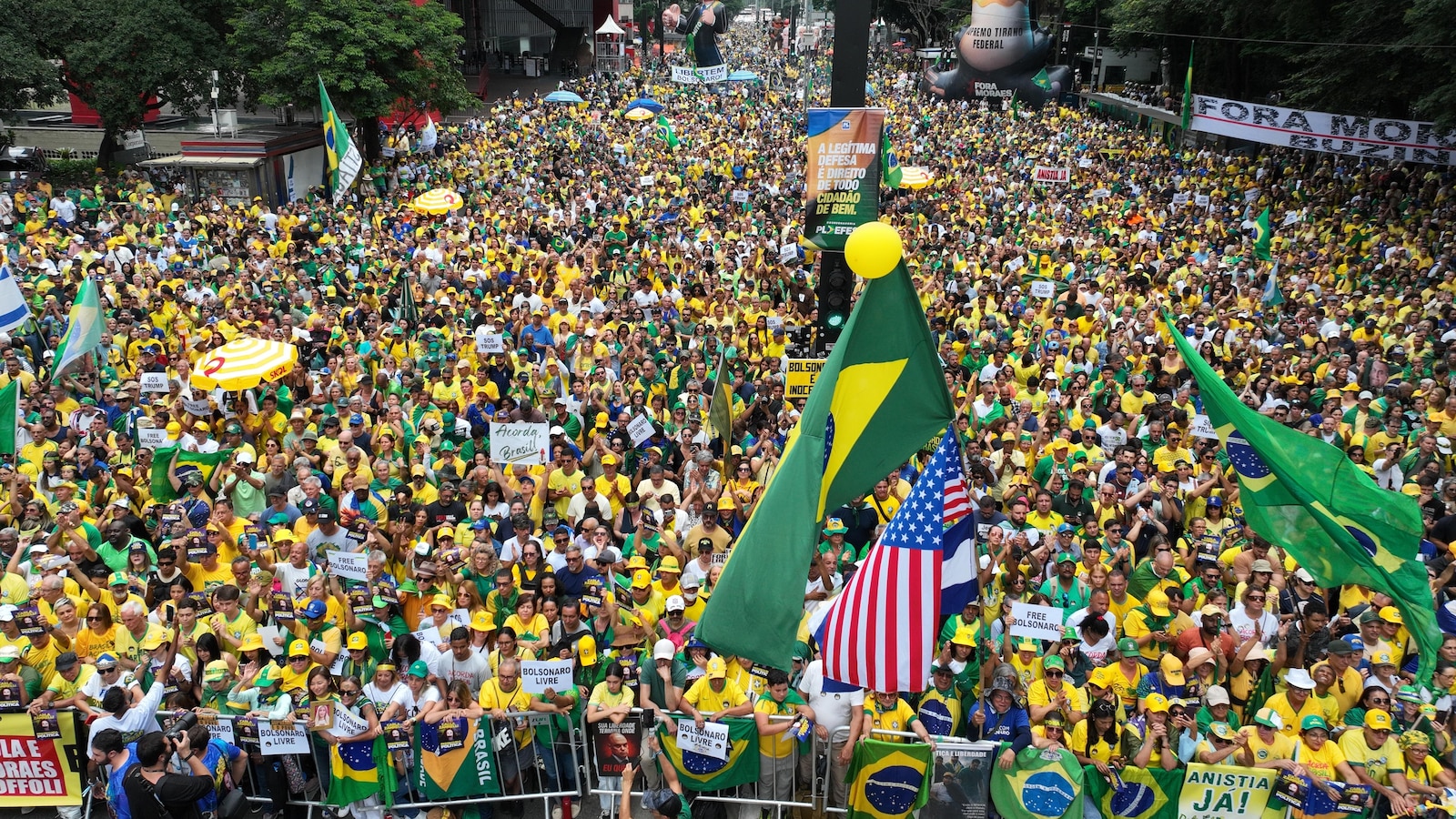This article/post contains references to products or services from one or more of our advertisers or partners. We may receive compensation when you click on links to those products or services
You’re reading Investor Junkie’s weekly newsletter that gets you caught up on the week’s financial news in less than five minutes.
September 19th, 2022
Last week’s market summary (September 12th-16th, 2022):
- S&P 500: -5.15%
- Dow: -4.16%
- Nasdaq: -5.97%
- Bitcoin: -10.92%
Hey Junkies,
Here’s what we’re covering today:
Keep reading to get the scoop on each of these stories and see a quick list of some of this week’s economic events that are worth following.
Clint, Editor-in-Chief
What Everyone’s Been Buzzing About
1. Ethereum Pulled Off Its Long-Awaited “Merge”
You’ve been hearing about it for years, but on Thursday, it finally happened. The Ethereum network’s Mainnet (which used proof-of-work) merged with the Beacon Chain (which used proof-of-stake). Now, as one chain, the Mainnet has fully transitioned to a proof-of-stake consensus mechanism.
If all of that sounds like Greek to you, I recommend that you check out this ELI5 primer on the differences between proof-of-work and proof-of-stake. But the key takeaway is this: the Merge will reduce the energy consumption of the Ethereum network by about 99.95%.
So where do we go from here? First, if you own Ethereum, you may now have the opportunity to start earning staking rewards. Major cryptocurrency exchanges like Coinbase and Binance have already begun to offer this feature to their users.
And what about Bitcoin? Will it consider moving to a proof-of-stake model as well? Right now, that’s highly unlikely. The Bitcoin community tends to look at proof-of-stake as being more vulnerable to manipulation by those who hold the most assets (one of the problems with legacy finance that Bitcoin originally set out to solve).
However, if Bitcoin isn’t able to tame its energy consumption, it’s likely to face increased pressure over time to move away from proof-of-work. Learn more about which cryptos are environmentally-friendly >>>
2. The Stock Market Tumbled After an Unsettling Inflation Report
The latest inflation numbers were released on Tuesday and investors didn’t like what they saw. While many were hoping for a steep dip, the year-over-year rate of inflation remained stubbornly high at 8.3%.
The stock markets tumbled on the news in expectation of more Fed pain (AKA hefty interest rate hikes). Tuesday was the stock market’s worst day since June 2020. And the S&P 500 and Nasdaq both ended the week down by more than 5%.
Does the stock market have further still to fall? Ultimately no one has a stock market crystal ball, but Ray Dalio (founder of the world’s largest hedge fund) thinks that stocks could drop another 20% if the Fed rate goes as high as 4.5%.
Friendly reminder: During rough stock market periods like we’re experiencing in 2022, it’s important to stick with your long-term investing plan. Re-evaluating your asset allocation and building more diversification into your portfolio may be smart moves…but panic selling is nearly always the wrong one.
Guide: How to Diversify Your Investment Portfolio >>>
3. A Potentially “Disastrous” Railroad Worker Strike Was Averted
On Friday of last week, Labor Secretary Marty Walsh announced that a deal had been struck between the railroad labor unions and their largest employers. Americans breathed a collective sigh of relief as a railroad labor strike could have sent food prices through the roof. But as NRP noted this week, the whole ordeal still underscored the fragile state of our U.S. supply chain.
4. Congress Members Are in the Hot Seat Due to Their Stock Trading
In a deeply-researched expose, the New York Times revealed that from 2019-2021, nearly a third of senators or representatives had made stock trades during that time period. Even more concerning was that nearly a fifth of those lawmakers had traded companies that could present conflicts of interest based on the committees on which they served.
In many cases, members of Congress were buying or selling shares of companies within sectors that their committees had direct oversight. The NYT report stoked a renewed zeal for Congress to vote on a bill that would ban their members from actively trading stocks and use “blind trusts” instead. House Speaker Nancy Pelosi says that a vote is coming soon, but others say that it won’t happen until after the midterms.
5. Starbucks Is Getting Into NFTs
In a story that posted last week, Starbucks announced a new Web3-powered rewards experience called Starbucks Odyssey. A key component of the experience is that customers will be able to earn or buy NFTs that will, in turn, unlock new rewards.
Odyssey will also provide a community experience where customers can engage with each other as well as the employees at their local stores. Here are a few quotes from the company’s press release:
“For the first time we are connecting our Starbucks Rewards loyalty program members not just to Starbucks, but to each other. Leveraging Web3 technology will allow our members to access experiences and ownership that was not possible before.”
You can sign up for the Odyssey waitlist now, but the platform won’t go live until later this year.
What To Keep Your Eye on This Week
Here are a few noteworthy economic events that are happening this week:
- Monday, September 19th: NAHB Housing Market Index (September)
- Monday, September 19th: AutoZone (AZO) Earnings
- Wednesday, September 21st: Federal Reserve Interest Rate Announcement
- Wednesday, September 21st: General Mills (GI) Earnings
- Thursday, September 22nd: Costco Wholesale Corporation (COST) Earnings
Staff Favorites
At IJ, we’re well aware that many other news teams and websites are creating great personal finance content. So each week we like to call out a few recent stories from our colleagues that we felt were interesting, eye-opening, challenging, inspiring…or just funny.
Here are our picks for this week:
Enjoying this newsletter and want it to be delivered right to your inbox? Sign up below!













